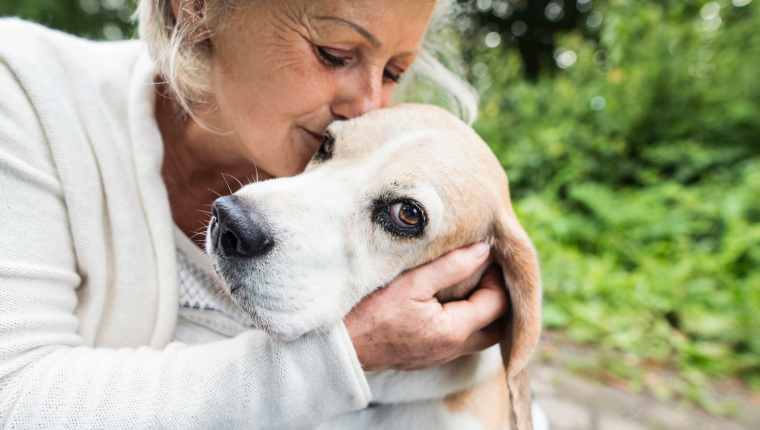We all know there are many benefits of having a pet at home. From promoting mental health to encouraging physical well-being, owning a dog or cat can improve your life in many ways.
One of the ways pets help us is by being there for us when we cope with difficult times and emotions, especially when we go through the loss of…









